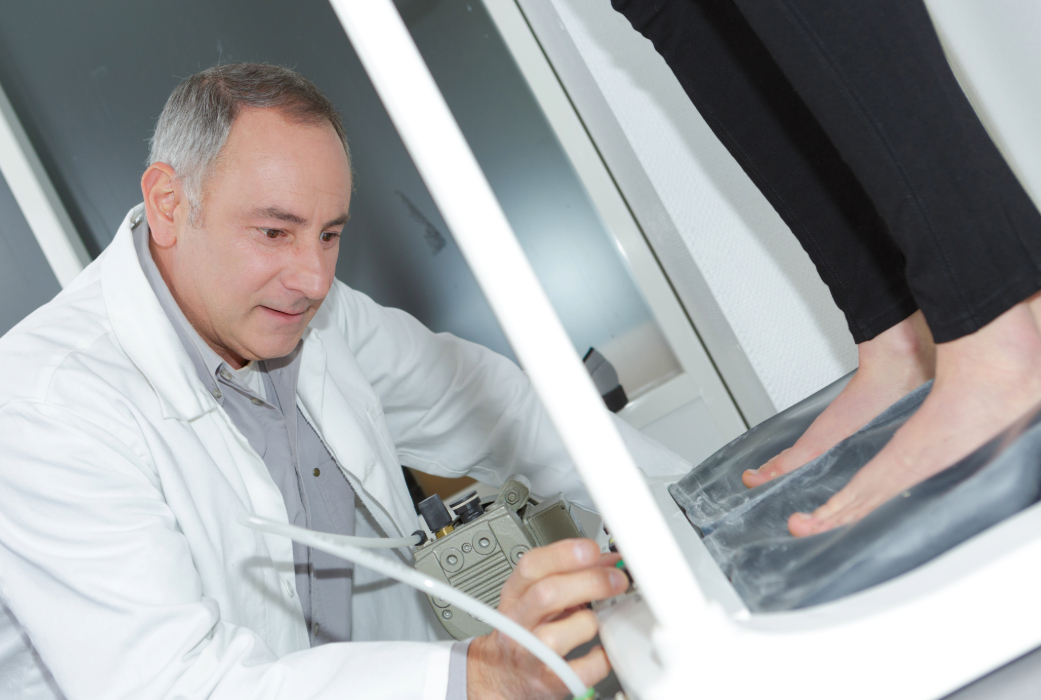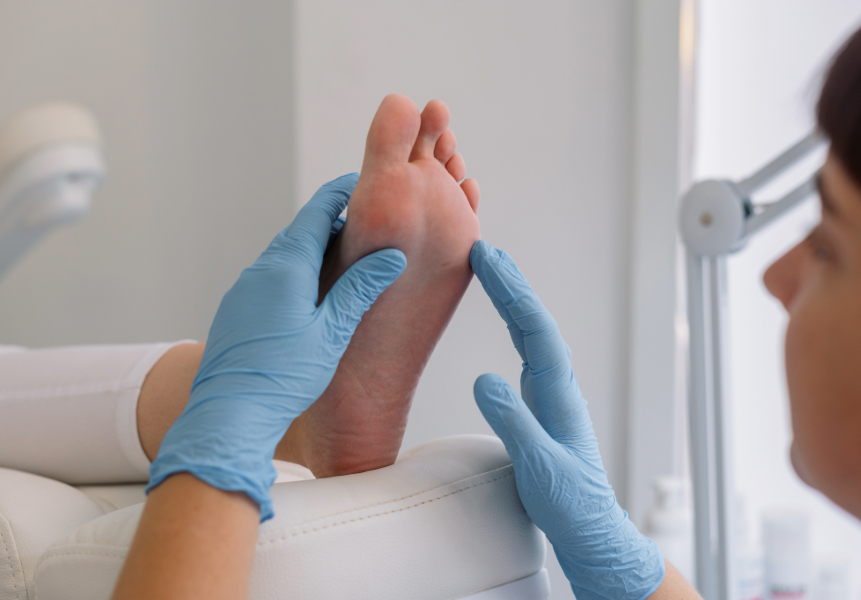Podiatry is a profession of health sciences concerned with the research, prevention, diagnosis and treatment of deformities, pathologies, and injuries of the foot and associated structures – in relation with the body as well as the manifestations of systemic diseases. They improve people’s mobility, independence and quality of life for their patients.
There are multiple entry routes to the Podiatry profession:
- Undergraduate BSc in Podiatric Medicine
- MSc in Podiatric Medicine
CORU, the regulatory body will provide you with further information on approved qualifications. Additional information on the profession can be found on the Podiatry Ireland website and Careers Portal .
If you have qualified outside of Ireland, you will find further information here.




